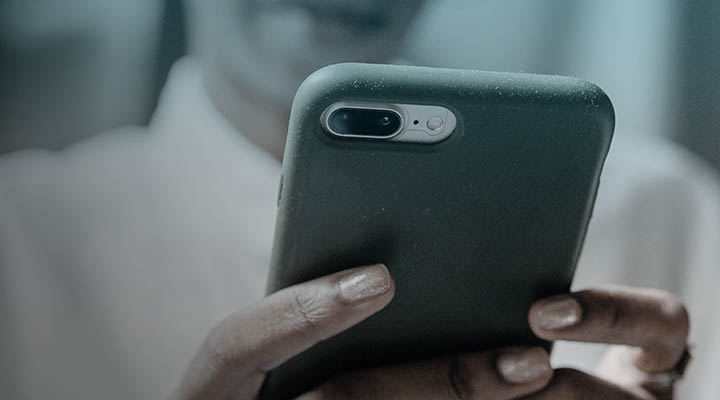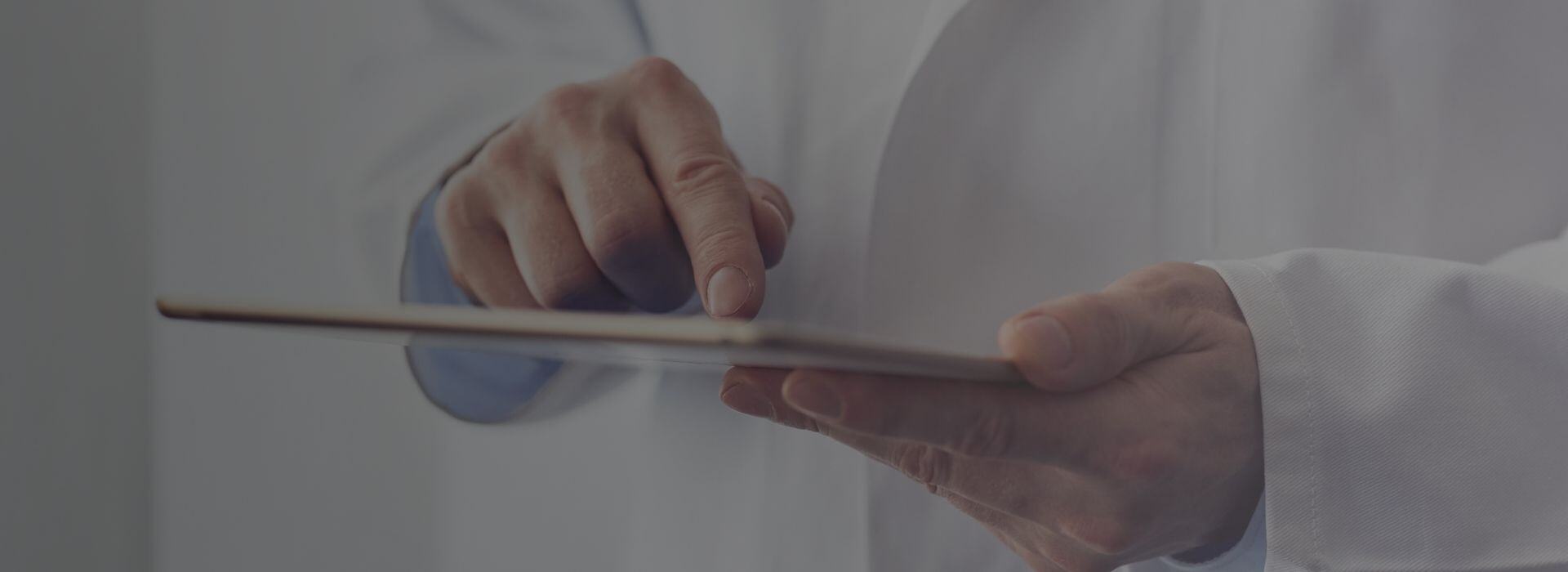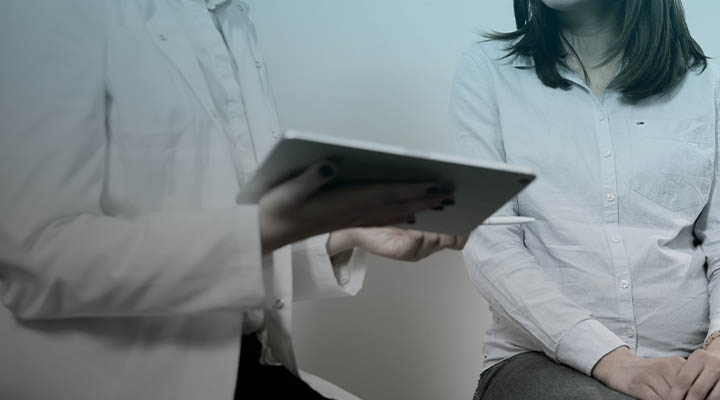Knock knock!
…pause…
“Come In!”
This is a familiar ritual at the start of a ten-minute consultation at the GP Surgery, and it ended abruptly in March 2020.
Within a matter of weeks, COVID-19 has forced the NHS into a digital-first operation for primary care. In mid-April, just 7% of patients needed a face to face appointment. This is a huge transformation compared to 2019 figures when 80% of appointments were in the surgery.
So what do appointments look like now? Are they just an emergency response or could they be permanent reset? Furthermore what were the foundations that made this switch possible? And how has having a design mindset encouraged the NHS to be bolder with digital-first care?
I worked in the design team for the NHS App for 18 months from 2018. As a user researcher out with patients and primary care operational staff, I was thrust in-between strategists, policymakers and the app development on one side, and frontline staff and patients on the other.
NHS England has had a policy of digital-first primary care for some time. This has included activities such as installing Wi-Fi in GP surgeries, up-skilling staff in making appointments available for online booking and informing the public about 111 Online.
Since its launch at the end of 2018, the NHS App has been the first national app that the health service has owned, managed and promoted to the public across England. Its key features offer users the ability to book appointments, order repeat prescriptions and see their medical record. And it’s now an essential layer of the NHS digital-first approach.
Ever since the NHS App went live as a pilot to an initial handful of GP practices, there has been a focus on getting appointments available for online booking. I wrote an NHS Digital blog last year as we were rolling out the App to more GP practices. What we found was that the digital offer was complementing many areas, but not transforming patient care. This made sense as each GP surgery should be able to choose how to offer services that are suitable for their local population.
But the arrival of COVID-19 forced a change in the ways of working for all GP Practices. Patients were encouraged to order their repeat prescriptions online, rather than drop a slip of paper in at the surgery. The number of repeat prescription requests made via the App increased by 97% between February and March as citizens saw there was a viable digital alternative. Across NHS.uk, 111 Online and the NHS App, more of the public are getting information to care for themselves at home. It’s been nothing short of a digital-first primary care revolution.
Online consultations, a triage of assessing a patients’ needs, have become normalised in general practice. They have been introduced to screen patients and prevent the number of non-essential cases visiting the surgery. As Dr Minal Bakhai, National Clinical Lead for Digital consultations at NHSx said, “by the start of May 2020, online consultations were available in 75% of all GP Practices. The technology infrastructure is finally in place”.
As a team from SPARCK, NHS Digital, NHSX, primary care networks and practice manager associations, we have been laying the foundations for this transformation for months. There have been guides produced, videos, webinars, training sessions, presentations at conferences, and a celebration of the early adopters of these new ways of working.
The NHS is the most trusted brand in the UK, even before 2020, and it now has the knowledge and skills to manage the UK healthcare technology ecosystem from the front. Crucially, the NHS App launch helped the NHS to adopt a product owner mindset. There is now more awareness of agile ways of working, the cycle of release updates, and the symbiotic relationship between the clinical system providers and the NHS. There are design standards for third-party apps and in-house products.
As my colleague Raj has written, “COVID-19 requires all business and organisation leaders to adopt a mindset of recover, regroup, renew to stabilise operations”. In primary healthcare it has opened a space for new behaviours and expectations from staff and citizens. While it may feel strange to many people at first, it will become the norm for them to start interacting with healthcare professionals typing in symptoms, over the phone or on a video call. Not always having to visit a surgery offers a safe, more controlled interaction that many patients and practioners are already appreciating.
As the chair of The Royal College of GPs (RCGP) has recently argued – “although a move online has advantages, there is a huge benefit in having trusted relationships with a family doctor which comes with consistent face to face contact”. Patients benefit from choice in how to access their healthcare, so they can receive the support they need. They can be triaged and then have options for going into the surgery, or not.
GPs and other clinical staff benefit too from having options. If online consultations do become far more common, then for GPs there can be a new era of a better work and life balance. They can undertake more work from home and part-time work, which could reverse a worrying increase in GP burnout.
Across the healthcare technology space, we have to see this time as an opportunity. We have the NHS digital-first strategy to follow, the tools to implement technology, the confidence that change is possible in primary care, and public trust and support for the NHS which has never been so high. As much as we’re being forced to be physically distant at these times, I see the NHS App, the new NHS NHS COVID-19 App and the many other services as lifesaving tools for a healthier healthcare system and society.
BJSS has expertise in how technology fits into the NHS. Since working on NHS Spine in 2012 to launching the first patient-facing NHS App.
Patients have the right to online consultations from April 2020 and video consultation by April 2021. If you’re interested to know more about the ecosystem and see if there are opportunities for your organisation then please contact BJSS.
Published
April 29, 2024Reading time
3 minutesRelated posts





